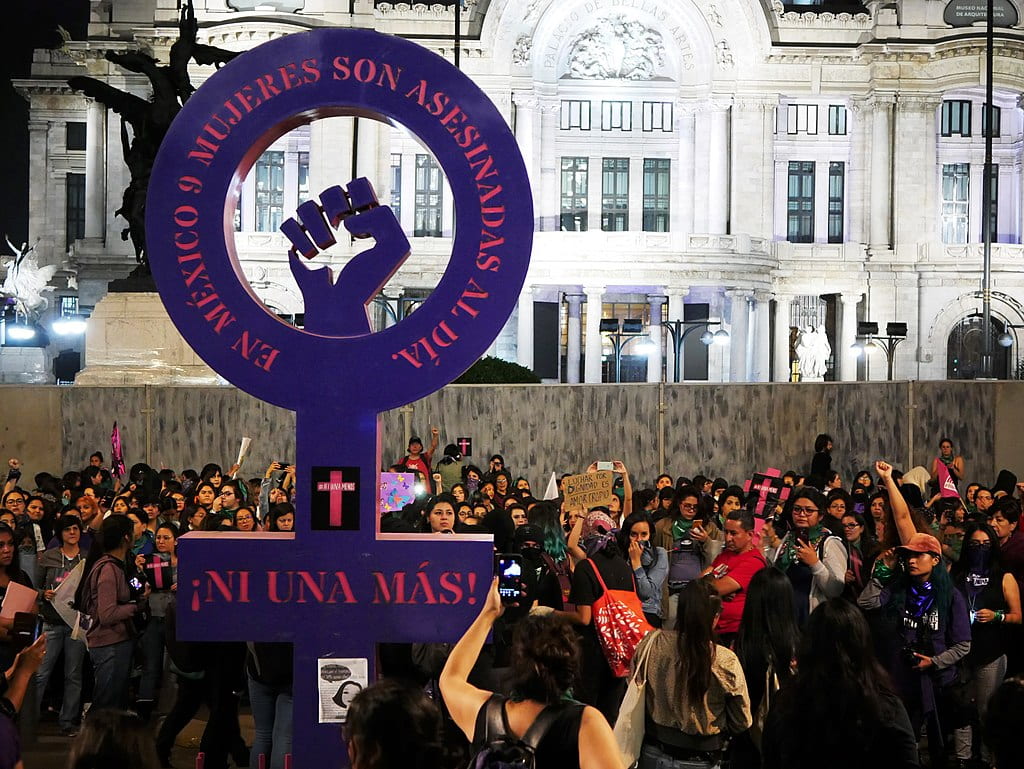Today on International Women’s Day we honor and recognize the struggle of women across the world to realize the rights guaranteed to all human beings under the Universal Declaration of Human Rights.
Tragically, we live in a world where one out of every three women have experienced physical or sexual violence, and 200 million women have been victims of forced genital mutilation. At the same time, there is a heightened awareness of violence against women, and a growing global movement to assert women’s power and nonviolently demonstrate and demand that women’s fundamental human rights to dignity, safety, agency, freedom and equal treatment be respected and upheld.
For example, to honor this important day, women have peacefully taken to the streets of Mexico City to protest the government’s inaction against hundreds of femicides, murders of women because of their gender. In advance of the announced women’s march and protest, Mexican President Andrés Manuel López Obrador ordered the National Palace and the Palace of Fine Arts to be surrounded by barriers, supposedly to protect the buildings from “vandalism.” In response, women painted the names of hundreds of victims of femicides on the barrier surrounding the National Palace to dramatize the culture of violence against women and call for national action to protect women. In Mexico City, Ciudad Juárez, and other Mexican cities, women held up pink crosses with the slogan “Ni una mas” (Not one more) in protest.
In Ukraine, thousands of women marched through the nation’s capital Kyiv to protest the persistent epidemic of domestic violence, and to demand ratification of the Istanbul Convention, a Council of Europe measure to combat violence against women.
The Istanbul Convention is the first legally-binding instrument which “creates a comprehensive legal framework and approach to combat violence against women” and is focused on preventing domestic violence, protecting victims and prosecuting accused offenders.
It characterizes violence against women as a violation of human rights and a form of discrimination (Art.3(a)). States which ratify the Convention must criminalize several offences, including: psychological violence (Art.33); stalking (Art.34); physical violence (Art.35); sexual violence, including rape, explicitly covering all engagement in non-consensual acts of a sexual nature with a person (Art.36), forced marriage (Art.37); female genital mutilation (Art.38), forced abortion and forced sterilisation (Art.39). The Convention states that sexual harassment must be subject to “criminal or other legal sanction” (Art. 40). The convention also includes an article targeting crimes committed in the name of so-called “honour” (Art. 42).
The Istanbul Convention is a model for how every country in the world should address the crisis of violence against women and protect women’s physical safety, personal integrity, and human rights. All men in every country must support the struggle of women to achieve the rights all human beings are guaranteed under the Universal Declaration of Human Rights.

